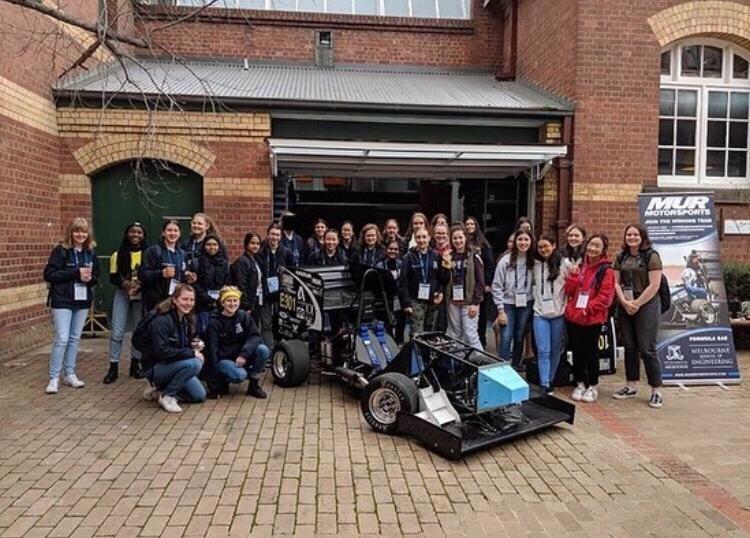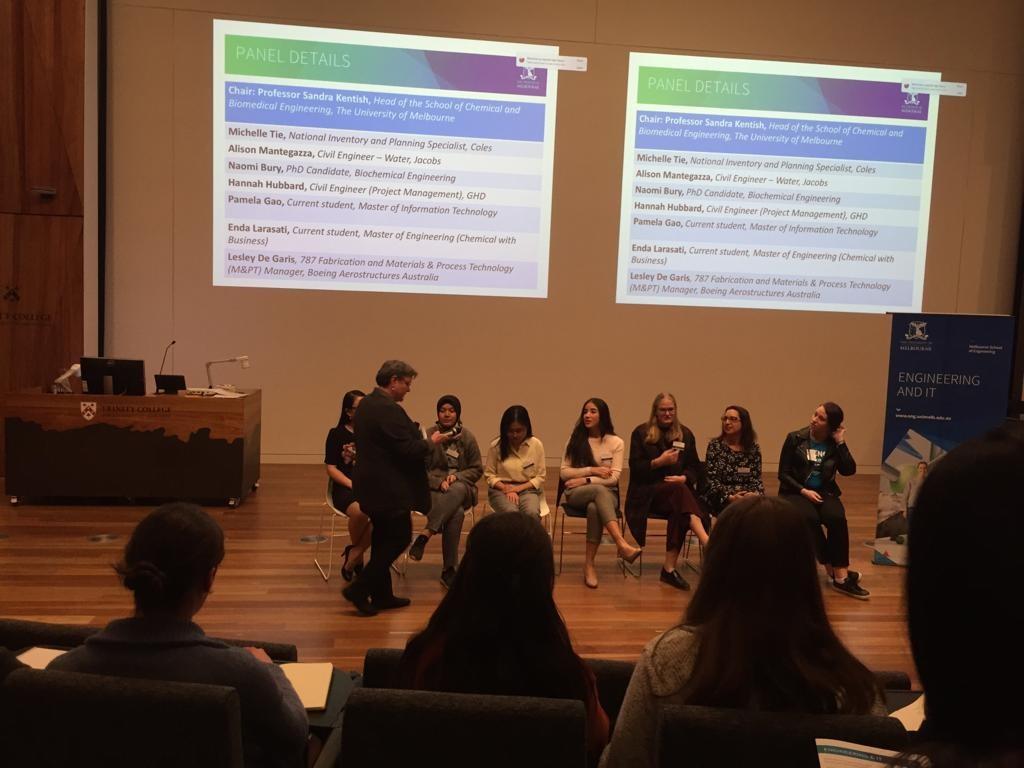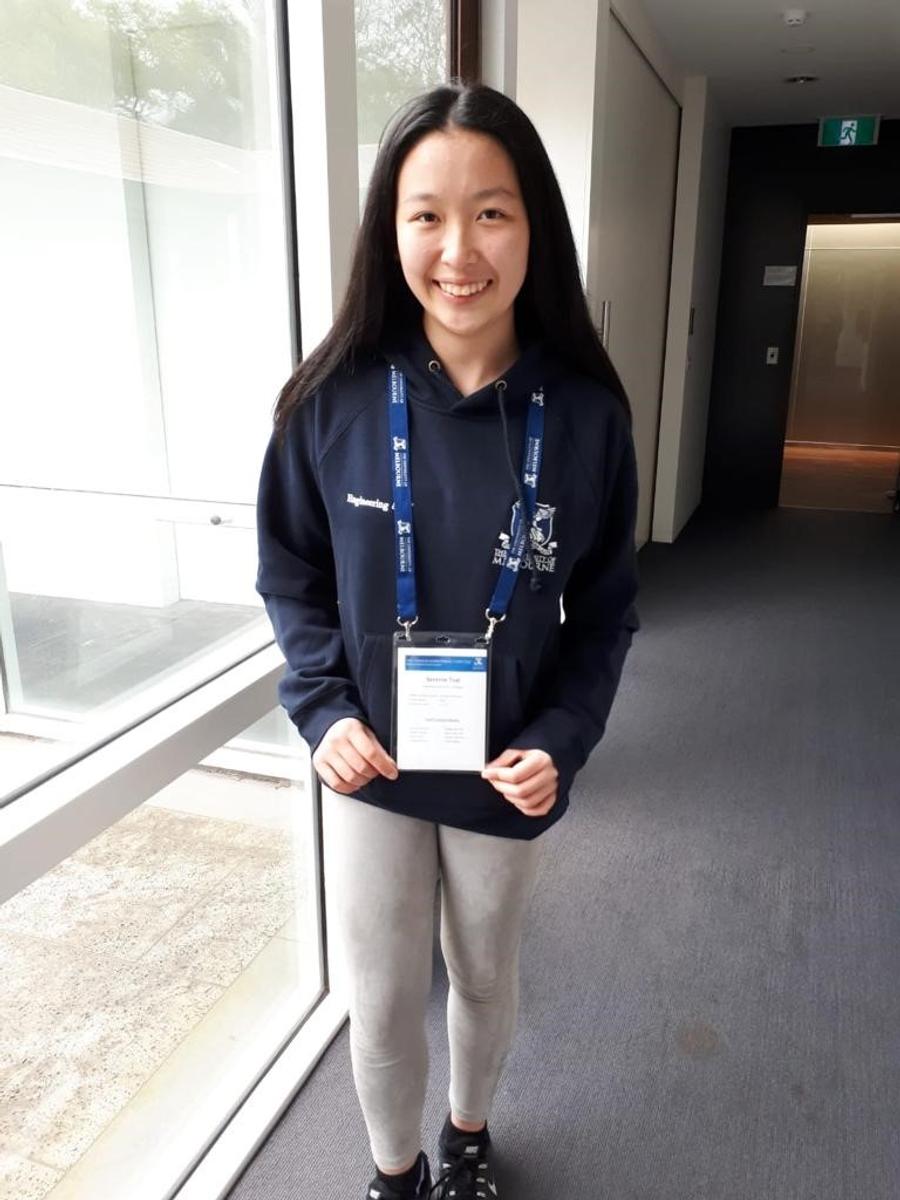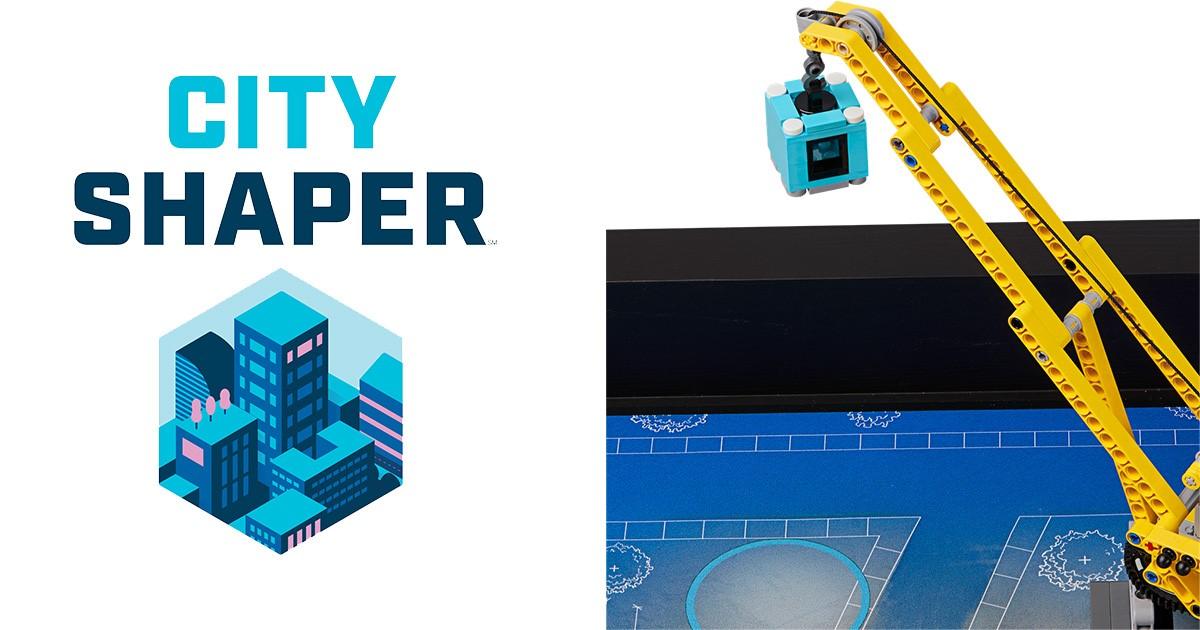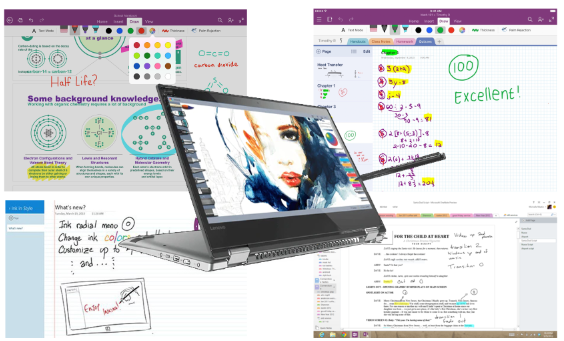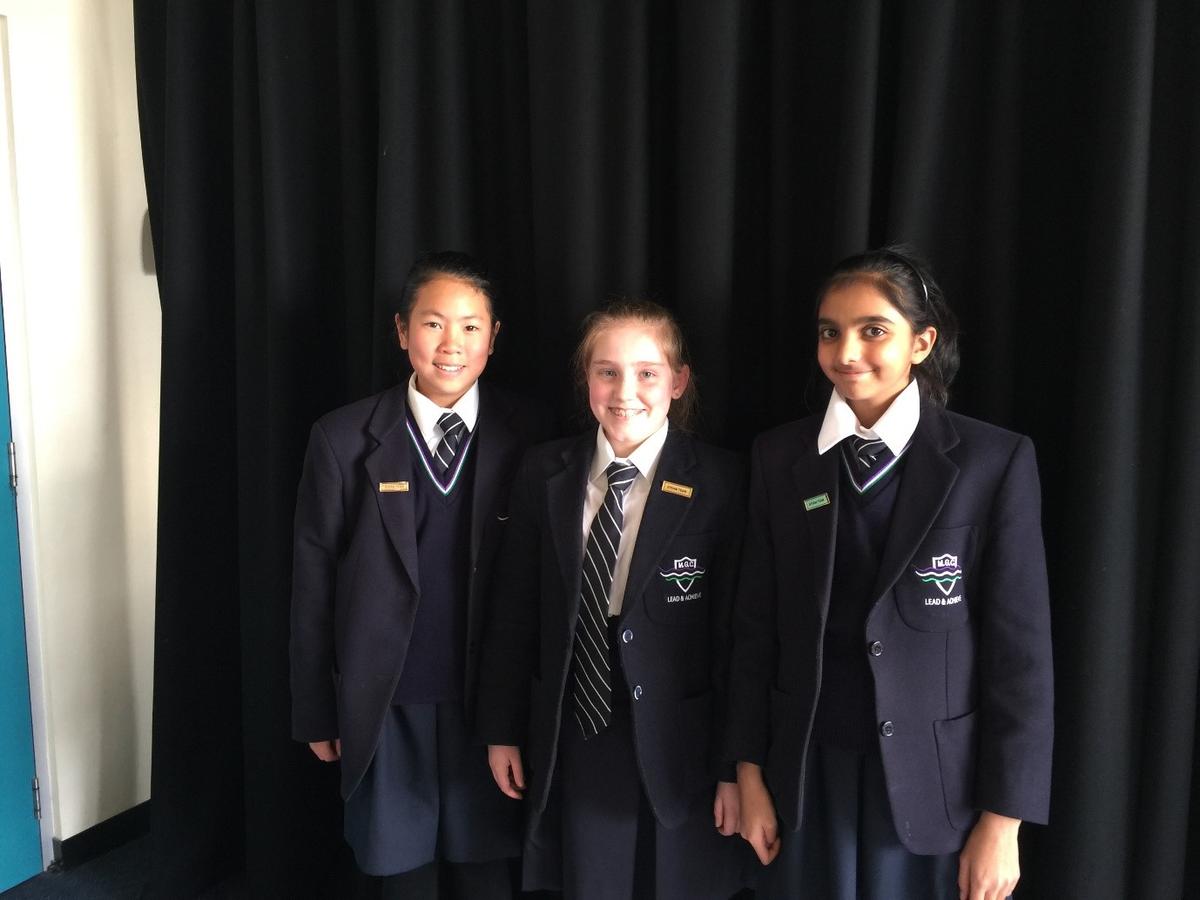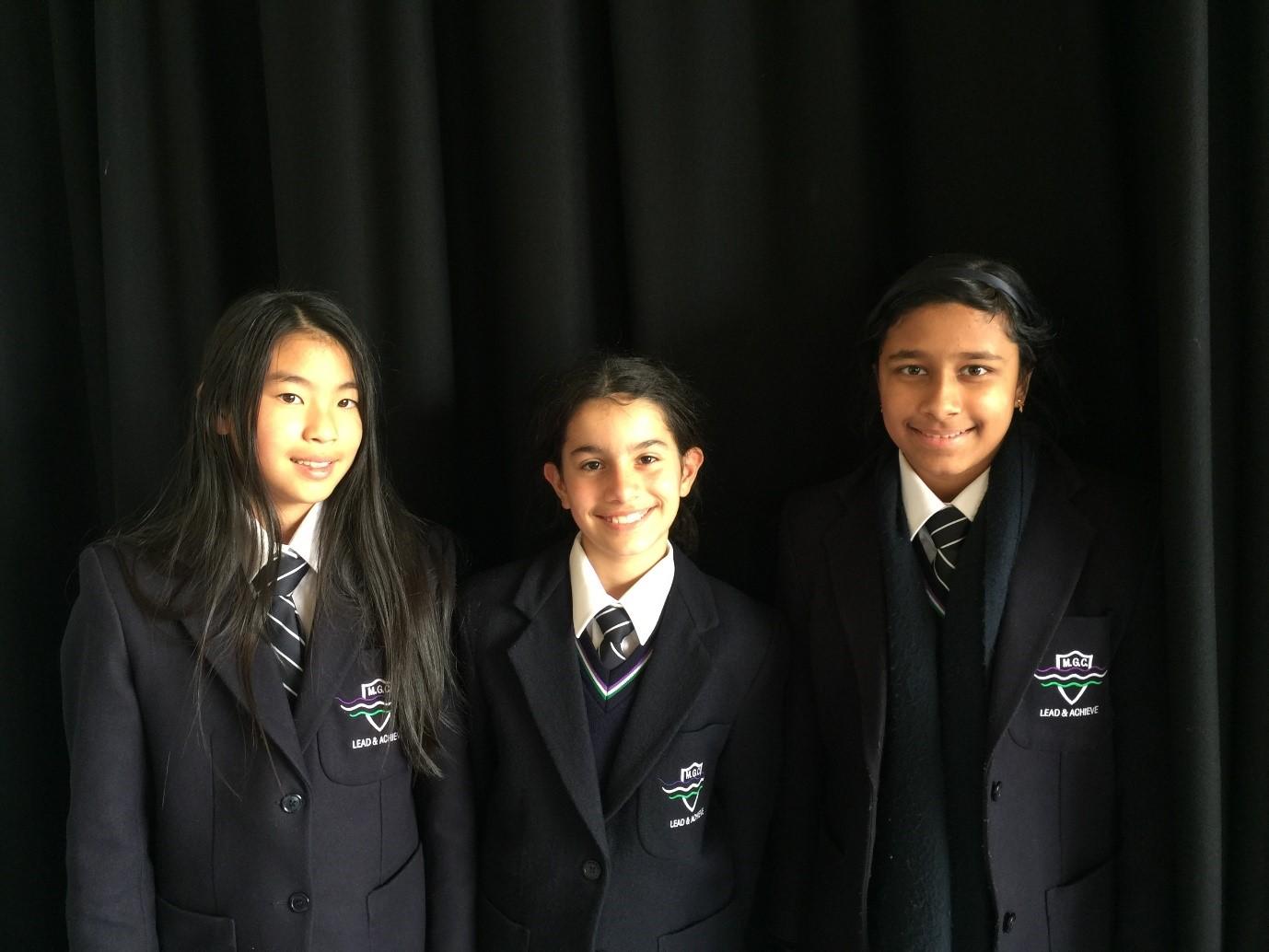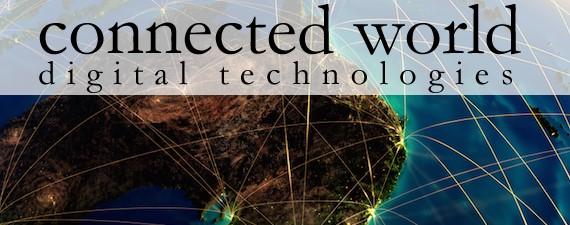STEAM News

University of Melbourne girl power in Engineering and IT program
Over the holidays I attended a Girl Power in Engineering and IT program at the University of Melbourne. It was aimed at female high school students with an interest in STEM and has three stages from Year 9 through to Year 12. The program was highly competitive and only 30 girls were selected out of over 150 applicants. It ran over three nights and we had our own rooms at Trinity College.
We learnt about different fields of engineering, which helps to identify our possible future careers. Students and staff spoke about their experience and attended a panel evening where we had a Q&A about STEM. There were a lot of hands-on and interactive workshops, such as prosthetic limb workshop where we worked together to try and make a prosthetic leg. This was a challenge as we had limited materials and had to use our creative minds to make the most of what we had. In a wind power workshop, we learned about different ways to produce energy. There were many other fun activities such as VR, Robogals workshop, bridge building, programming using Arduino and having lunch with the Melbourne University Racing Team. This was a great experience for me to form a network with like minded people and gained a new insight on STEM.
I am excited to continue my journey in this program for the next three years with work experience and mentoring opportunities.
Serenie Tsai 9i
Lego League Launch
This year’s Lego League competition is called City Shaper starting Aug 2019. We will compete at KIOSC in Wantirna on Wednesday 13th of November. We will be hosting the Richmond Regional event on Saturday 16th of November.
More details to come on this great competition but I do recommend that any interested parents come to the event, it’s a great experience and the entire day is full of positive energy.
BYOD Portal
Just a quick reminder about MGC’s Laptop Portal. We’re working with a supplier to provide laptops to students that use pens as well have touch screen. These laptops have insurance and are setup by the College IT staff.
We see many laptops with broken screens and no insurance so we’re recommending three types of laptops to parents going forward.
For more information, check the link below.
http://mgc.vic.edu.au/our-college/parent-information/byod/
Tech Girls are Superheroes
Two teams of Year 7 students have been frantically completing their submissions for the Tech Girls are Superheroes competition. The students are required to develop an app that meets a community need. They must complete a business plan, develop the app outline and code and produce videos that “pitch” their idea and show how the app works. This has been 12 weeks of very intensive work and we wish them luck.
STEAM Subjects
Year 7 Connected World – 2020
In 2020, MGC will be launching a new digital technologies subject for Year 7s that will teach not only parts of the Digital Technologies curriculum but also parts of the STEAM and general ICT capabilities curriculum. This subject will cover fundamentals such as Compass, backups, cyber-security, databases, robotics and coding. This will give year 7s a grounding in all things ICT.
VCE Computing 1/2
VCE Computing provides students with opportunities to acquire and apply knowledge and skills to use digital systems efficiently and effectively when creating digital solutions both individually and as part of a network. Students investigate legal requirements and ethical responsibilities that individuals and organisations have with respect to the security and integrity of data.
In Unit 1, the first study area, students collect primary data when investigating an issue, practice or event and create a digital solution that graphically presents the findings of the investigation. In Area of Study 2 students examine the technical underpinnings of wireless and mobile networks, and security controls to protect stored and transmitted data, to design a network solution that meets an identified need or opportunity. In Area of Study 3 students acquire and apply their knowledge of information architecture and user interfaces, together with web authoring skills, when creating a website to present different viewpoints on a contemporary issue.
In Unit 2, students explore study 1 to develop their computational thinking skills when using a programming or scripting language to create solutions. They engage in the design and development stages of the problem-solving methodology. In Area of Study 2 students develop a sound understanding of data and how a range of software tools can be used to extract data from large repositories and manipulate it to create visualisations that are clear, usable and attractive, and reduce the complexity of data. In Area of Study 3 students apply all stages of the problem-solving methodology to create a solution using database management software and explain how they are personally affected by their interactions with a database system.
Digital Worlds
In this unit students will explore how digital technologies are coming together to create new ways of working and communicating. They will learn how to use specific software packages to create animations and games as well as learn the basics of computer programming. Students will have the opportunity to work in teams to design, code, and publish app’s, websites, and other digital products. Other areas of the digital landscape that are explored are the ethics regarding the use of technology and data, the fundamentals of cyber security and how to protect against hackers, and how ubiquitous computing effects society now and into the future.
In this unit students will explore how digital technologies are coming together to create new ways of working and communicating. They will learn how to use specific software packages to create animations and games as well as learn the basics of computer programming. Students will have the opportunity to work in teams to design, code, and publish app’s, websites, and other digital products. Other areas of the digital landscape that are explored are the ethics regarding the use of technology and data, the fundamentals of cyber security and how to protect against hackers, and how ubiquitous computing effects society now and into the future.
Extended Investigation
The Year 10 Extended Investigation introduces students to different paradigms of knowledge development and will require students to develop their research skills and conduct an independent research investigation in a chosen area of interest. The investigation could take an experimental design, for areas of science or engineering, or a naturalistic approach to answer a research question from psychology or history, for example. Students will develop a challenging research question and conduct a review of relevant literature. Students will then develop a plan to conduct their own research and how best to present and communicate their findings. The final assessment task will be a detailed thesis of the semester’s research. The skills developed in this course are easily transferable to any educational or vocational setting.

